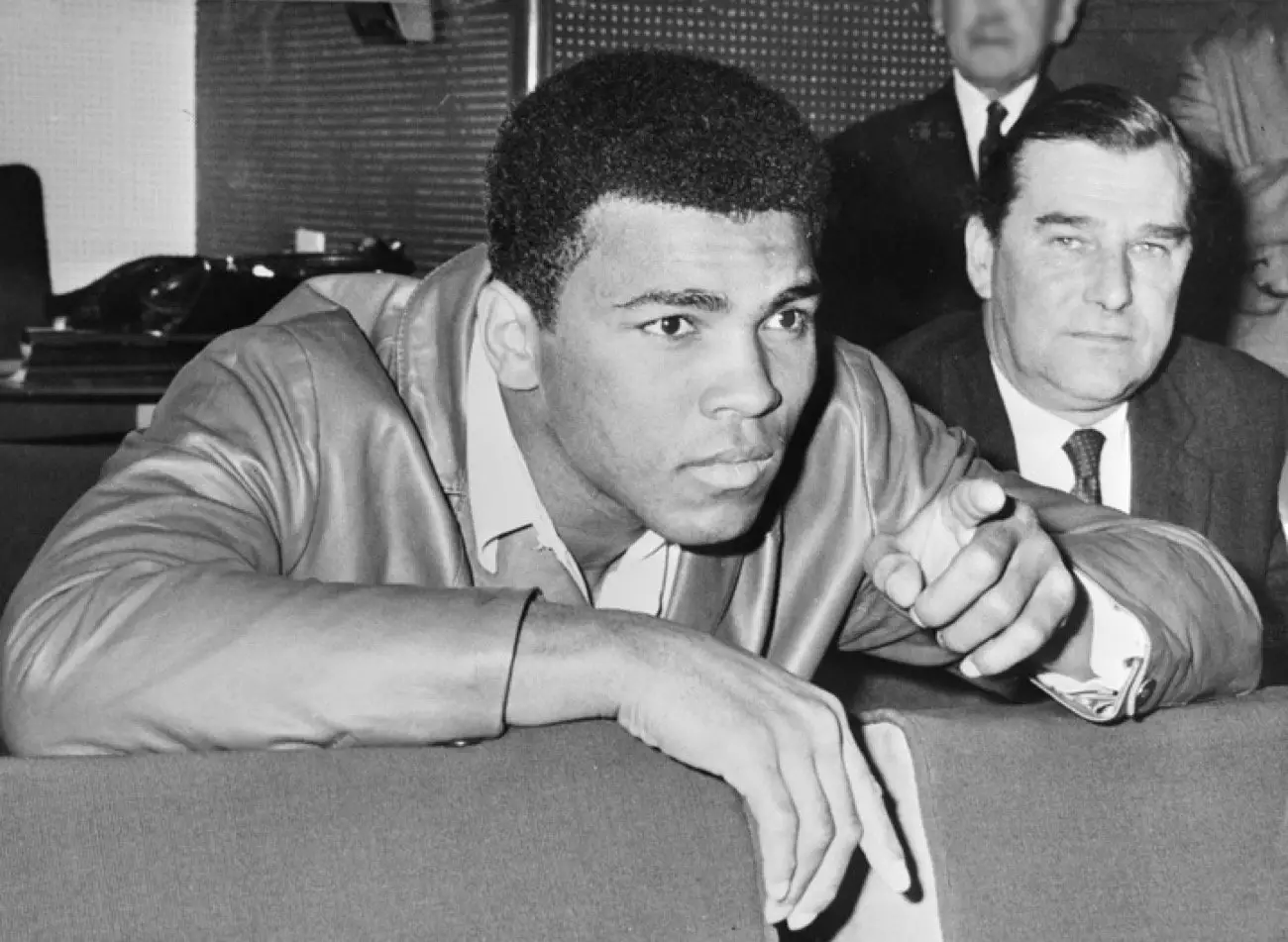The world of boxing, particularly the heavyweight division, is a rich tapestry filled with legends and icons who have shaped the sport’s history. The recent rankings by Give Me Sport, which identifies the ten greatest American heavyweights of all time, merits close examination. By focusing solely on American fighters, they intentionally exclude prominent international stars like Wladimir and Vitali Klitschko, Tyson Fury, and Lennox Lewis. This decision raises immediate questions about inclusion and exclusion based on geographical scope. Central to their evaluation are four key categories: overall record, titles won, in-ring ability, and historical impact. But as with all subjective lists, personal interpretation plays a huge role.
At the pinnacle of the list stands Muhammad Ali, a figure synonymous with boxing excellence. His remarkable combination of speed, technique, and charisma not only made him a champion but elevated the sport itself. Following him is Joe Louis, heralded as a dominant force whose power and skill revolutionized the heavyweight scene. George Foreman takes the third position, noteworthy for his ferocious punching power, yet he is often debated regarding technique and longevity. Jack Johnson, an often-overlooked figure, claimed the fourth spot, representing an era when racial barriers were formidable and challenging the status quo.
Larry Holmes and Evander Holyfield round out the next two slots, recognized for their sustained excellence and ability to adapt. Joe Frazier and Mike Tyson, renowned figures known for their aggression and unique fighting styles, follow. Finally, the list concludes with Deontay Wilder and Sonny Liston, two contrasting figures whose inclusion provokes notable discussion.
What strikes fans and analysts alike is the absence of heavyweight icons like Rocky Marciano and Jack Dempsey. This omission may irk purists who hold these fighters in high regard due to their undefeated records or unforgettable bouts. Conversely, can Deontay Wilder’s achievements and relatively recent standing fully justify his positioning over the individuals who forged the path of the heavyweight division before him?
Critics may point out that Wilder’s bouts often showcased his reliance on raw power rather than technical finesse. On the flip side, Sonny Liston’s placement at number ten raises eyebrows; often underestimated, Liston was a formidable champion with a unique skillset that terrorized his opponents.
In sports discussions, particularly regarding rankings, it is crucial to remember that opinions vary widely. The beauty of boxing lies in its personal interpretations; what makes one fighter “the greatest” could differ vastly from another’s perspective. Is Mike Tyson’s ranking too high, considering his late-career struggles, or is it justified by the sheer fear he instilled in his opponents? Are newer fighters like Wilder receiving recognition prematurely compared to historical giants?
Ultimately, these rankings serve as a springboard for spirited conversations among boxing enthusiasts. While they ignite debate, they also commemorate the lineage and legacies of many fighters who deserve acknowledgment in boxing’s storied history. The criteria may seem indisputable, but the subjective nature of sport assures that discussions about the greatest heavyweights will endure for generations.

